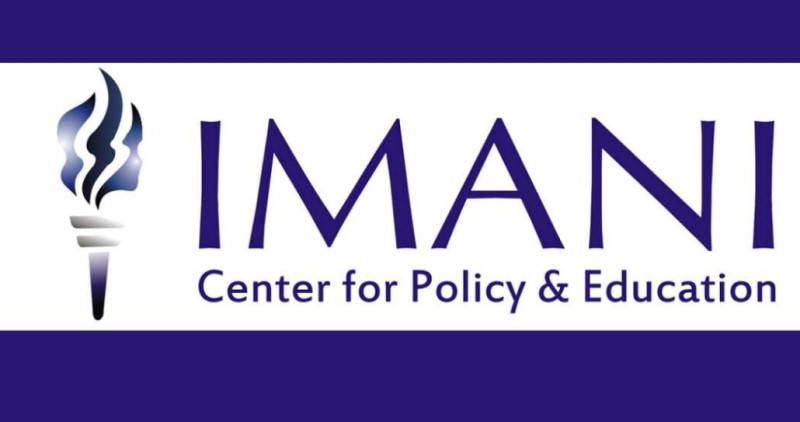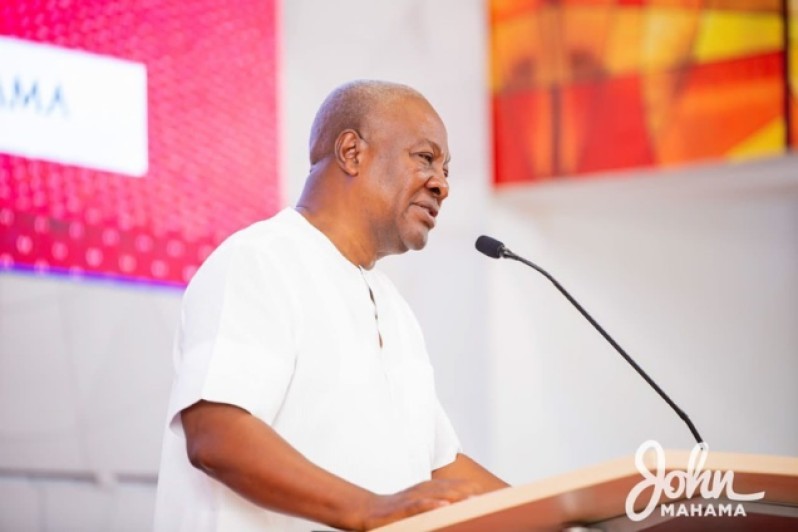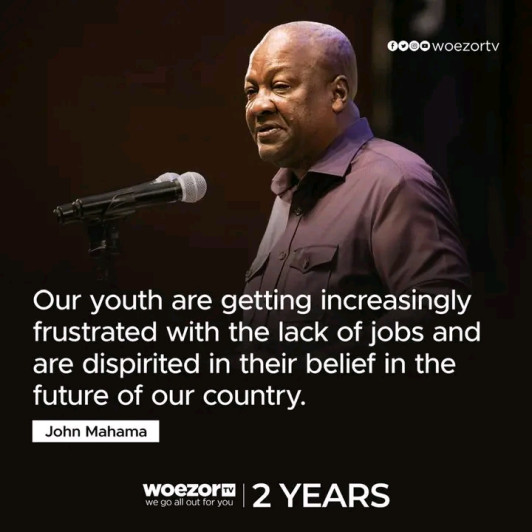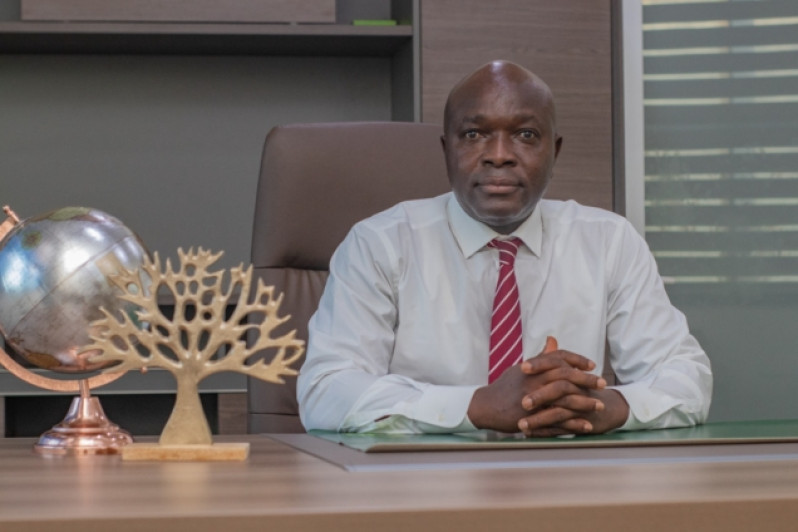
Benefits of 24-Hour Economy in Health Sector- the Perspective of a Health Professional in the UK
Concept of 24-Hour Economy in the Health Sector
The term "24-hour economy" refers to an economic system where businesses operate around the clock, 24 hours a day, seven days a week.
This concept emerged as a response to the growing demand for goods and services outside traditional working hours. It reflects a shift in societal patterns and consumer behaviour, where people expect access to products and services at any time that suits them.
The 24-hour economy encompasses various industries, including retail, hospitality, healthcare, transportation, and entertainment and many more sectors of the economy. The key divers of 24 hour economy are changing life styles of consumers, globalisation, technological advancements, and the increasing need for convenience.
Notably among them is consumer demand. With the rise of online shopping and flexible working hours, people can now shop, work, and access services anytime, anywhere, any time making it 24-hours a Day.
Specifically in the health sector, 24-hour economy will be the way to go because of the following reasons.
.
1. Improved Access to Healthcare Services:
A 24-hour economy can ensure that healthcare services are available round the clock, allowing Ghanaians to access medical care anytime. This is particularly significant for emergencies and urgent medical situations where immediate attention can be lifesaving. It also reduces the burden on healthcare facilities during peak hours.
2. Increased Employment Opportunities:
A 24-hour economy requires a workforce outside traditional working hours. Expanding working hours can create new job opportunities for Ghanaians, especially in the healthcare sector.
More healthcare professionals will be needed to staff hospitals, clinics, and other medical facilities during extended hours. This can lead to reduced unemployment rates and improved economic stability for individuals and the country.
3. Enhanced Economic Growth:
Furthermore, the 24-hour economy can contribute to economic growth by increasing productivity and revenue generation. Extended working hours allow businesses to operate continuously, leading to increased production and service delivery.
This, in turn, stimulates economic growth, attracts foreign investment, and creates a more prosperous environment for Ghanaians. A thriving economy can support the development of robust healthcare infrastructure, improve the quality of medical
services, and attract skilled healthcare professionals
4. Greater Convenience for the Public:
The 24-hour economy provides convenience for Ghanaians by offering more flexible working hours and services. This can be particularly beneficial for individuals who work irregular shifts, have family responsibilities, or require medical attention during non-traditional hours.
Access to healthcare, pharmacies, and other essential services outside regular working hours ensures that individuals can meet their needs without disrupting their daily lives. This convenience can improve healthcare outcomes as individuals are more likely to seek timely medical assistance.
5. Enhanced Emergency Response:
A 24-hour economy can significantly improve emergency response times. With
healthcare professionals available around the clock, emergency medical services can affect the outcome. Additionally, a 24-hour economy can support the availability of emergency departments and specialised units, enabling comprehensive care for critical patients at any time.
6. Support for Shift Workers and Vulnerable Populations:
More so, the 24-hour economy acknowledges the needs of individuals who work night shifts or irregular hours, such as healthcare workers, security personnel, and transportation employees. These workers often face challenges in accessing healthcare services during traditional working hours.
By extending operating hours, healthcare facilities will have the capacity to cater to the needs of shift workers, ensuring their health and well-being are not compromised. Moreover, vulnerable populations, such as the elderly and individuals with chronic health conditions, can also benefit from increased access to healthcare services throughout the day
To conclude, it is crucial to note that implementing a 24-hour economy requires careful planning and consideration of various factors, including workforce management, infrastructure development, and ensuring the well-being of employees. Collaboration between the government, healthcare providers, and other stakeholders is crucial to ensure the successful establishment of a 24-hour economy
that benefits the population as a whole.
By Rebecca Anoon BSc Honours Children Nursing
Disclaimer: "The views expressed on this site are those of the contributors or columnists, and do not necessarily reflect 24houreconomy.org’s position. 24houreconomy.org will not be responsible or liable for any inaccurate or incorrect statements in the contributions or columns here."
Share On Social Media 888
Other Stories
Mahama’s 24-hour economy is crucial and timely for Ghana’s junk-economy
The need of policy framework for a 24-Hour economy in Ghana
Charting a new course for Ghana's Development:24-hour economy vision-Prince Ibrahim
Meaning, Operations and Impact of 24-Hour Policy on Ghana’s Economy
Benefits of 24-Hour Economy in Health Sector- the Perspective of a Health Professional in the UK
The 24-Hour Economy And Its Importance To Ghana’s Economic Growth
24-Hour economy to solve rising unemployment issues in Ghana:
24-HOUR ECONOMY
Economy
Related News
News

24-Hour economy policy a major improvement on past fragmented initiatives – IMANI Africa
Read More
GPHA launches full 24-hour operations at Tema and Takoradi Ports in response to presidential directive
Read More
















